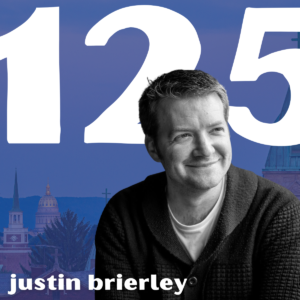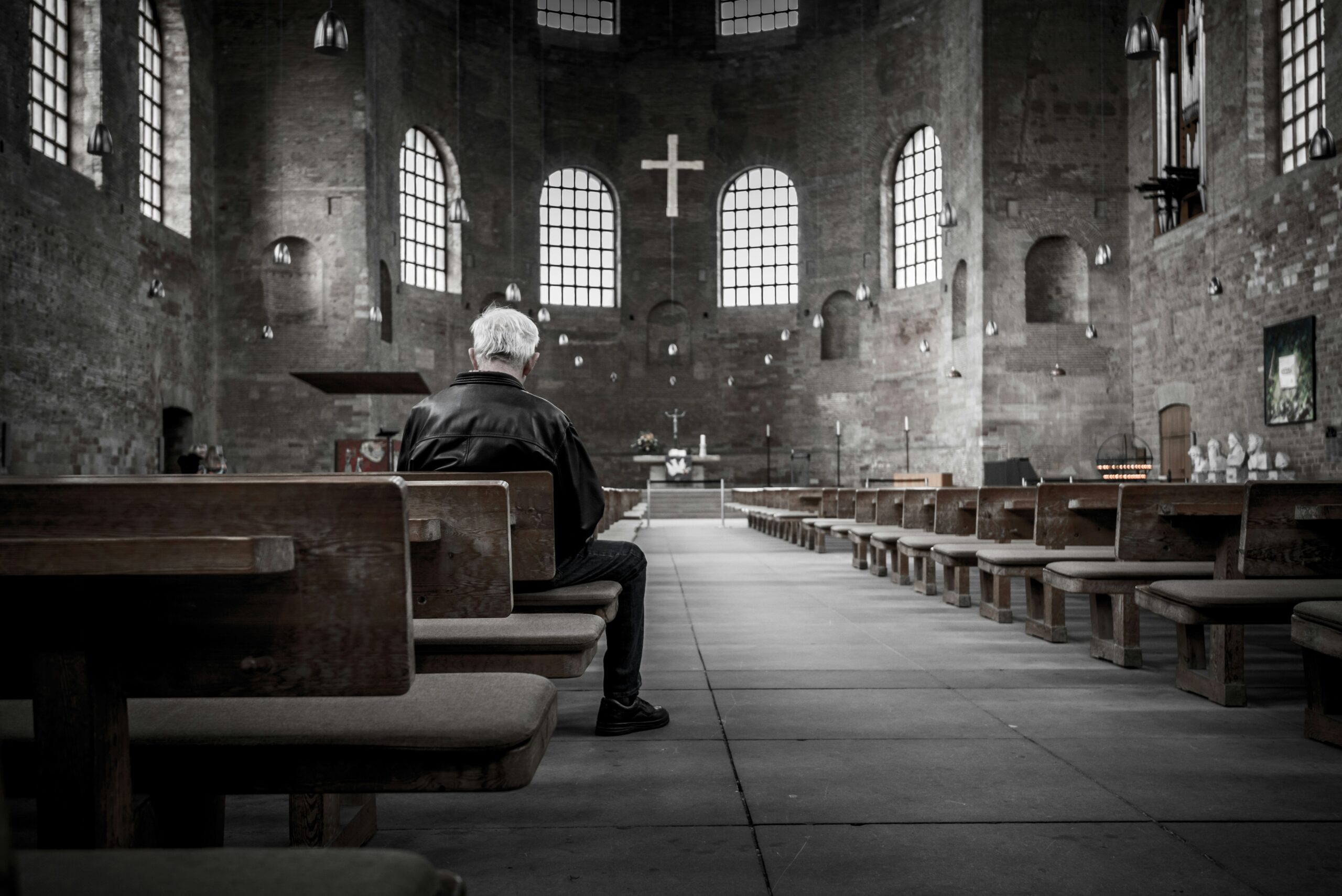In September 2006, a glowing review of Richard Dawkins’ famed The God Delusion was published in The Guardian, courtesy of columnist Joan Bakewell.
“There is no hesitancy or doubt here. Dawkins comes roaring forth in the full vigour of his powerful arguments, laying into fallacies and false doctrines with the energy of the polemicist at his most fiery,” she wrote, eventually signing off with “It will, I trust, offend many”.
Bakewell was by no means the only writer cheering on the likes of Dawkins his famed colleagues Sam Harris, Daniel Dennett, and Christopher Hitchins, all of whom released atheistic tomes in the early 00’s.
Together, they became known as the “four horsemen” of the New Atheist movement.
New Atheism was a shrill, attacking form of intellectual engagement, that enjoyed mainstream success from the late 90s to mid 2010s.
It gained particular momentum in the blog and vlogosphere that followed the dot com boom, with Dawkins ‘The God Delusion’, Hitchins’ ‘God Is Not Great’, Harris’ ‘The End of Faith’, and Dennetts’ ‘Breaking The Spell’ becoming the “unholy Gospels” of the movement.
Many other intellectuals joined the movement, with late-night talk shows, podcasts, YouTube channels and newspaper columns taken up by New Atheists.
Alongside declining religious numbers – particularly in Europe and the UK – it seemed that New Atheism was going to be the cultural success story of the 21st century for the global west.
But then, the dreaded culture wars frontlines shifted; New Atheism suddenly found itself in the trenches.
There were multiple flashpoints in the build-up to full-blown war within the movement.
Sam Harris’ belief that New Atheism was “to some degree intrinsically male” saw the beginning of a cultural arms race.
Richard Dawkins’ infamous open letter “Dear Muslimah” – sarcastically written in reply to blogger Rebecca Watson’s complaints of sexual harassment – called on women in the West to “stop whining” when placed in uncomfortable circumstances by men (their Muslim sisters have it much worse, he claimed).
Further Tweets by Dawkins (“abort and try again”, he said of parents with Down’s Syndrome children), further enflamed things.
However, potentially the biggest cause for conflict within the movement was the sense that New Atheism was simply …. too religious.
It had its dogmas (science and reason over all else), it had its apostles, its scriptures, and even its own church.
In another church-like parallel, schisms also began to emerge, with the launch of Atheism Plus by Jey McCreight in 2012, seeing the fragmentation of the movement.
Atheism Plus was atheist … plus an added focus on progressive activism, and focus against misogyny and racism within the movement.
As well-intentioned as Atheism Plus was, the New Atheists were officially fractured.
By 2015 the movement was declared dead.
Ok … what’s next?
It’s in this void that former broadcaster and author Justin Brierley has detected a resurgance of interest in Christianity.
If the 2010s was the time for public intellectuals to attack Christianity, many have changed their tune in the 20s, and some have openly praised the cultural impact of the faith.
Tom Holland’s 2019 work Dominion created enormous public interest in the idea that much of the global west’s ethical heritage was rooted in Christianity, while influential voices such as Jordan Peterson, Douglas Murray, and even recently Richard Dawkins, have expressed admiration for the hallmarks of Christian culture.
However, Brierley, who hosted the popular faith-based program Unbelievable on Premier Christian Radio in the UK at the height of New Atheism, notes that although there’s a resurgence in interest around Christianity, many of these voices still aren’t Christian themselves.
However, this new interest – or maybe, respect – in faith, is opening up a door for some people to walk through.
“I’ve heard a lot of stories of people who have gone all the way to the Christian faith because they started with a Tom Holland podcast or whatever, and for me, that’s not a sign that there’s going to be some great revival of Christianity but it is a sign that something’s changing in the culture when there’s a kind of permission to start investigating Christianity again,” he said.
“Inevitably I think the problem will be is that a lot of people might just stop at that point and be content just with thinking Christianity wasn’t all bad… not everyone will want it to take it to the next stage.”
Some, however, are taking that next step.
Perhaps the most high profile of this was Ayaan Hirsiri Ali, formerly known as the “horsewoman” of New Atheism.
She announced her conversion to Christianity in November 2023 – which prompted a stern reply from Dawkins – in what was a major moment for New Athisem; one of their biggest voices had officially switched sides.
While her reasons for becoming a Christian – they appear to be predominately cultural – might seem unorthodox, there’s no doubt it’s symptomatic of a broader re-assessment of Christianity.
“Is it necessarily the case that those attracted by the material benefits will fail to adopt a deep, personal, orthodox faith,” asked O. Alan Noble in an article for Christianity Today.
“Is it possible that people concerned about a world gone insane could come to faith via this mundane path—first drawn to the God-designed order that is inherent in Christianity, and then drawn to God himself?
“Is it possible that people who are lonely and depressed could come to faith by first being drawn to the God-designed community inherent in the church?”
Justin Brierley believes that they absolutely can – and as they walk through the church door, they’ll find more reasons to stay than to go.
“I’m seeing alongside the kind of, the openness in intellectual circles to the value of Christianity, I’m also seeing a real resurgence of people pointing out that actually, not only would you want this to be true, there are good reasons to believe it is true,” he said.
“Increasingly I’m seeing more and more of a kind of pushback against that simplistic atheism or sort of sceptical perspective that simply poo poos and dismisses the historical basis.
“For those who are willing to look into it, I think that we’re living in a world now where it’s not as hard as it used to be to find those answers.”
Adapted by Alasdair Belling from the Undeceptions episode ‘Christianity’s Comeback’. Listen here


Want to be further undeceived?
Check out our network of podcasts and articles in the Undeceptions Library.











































